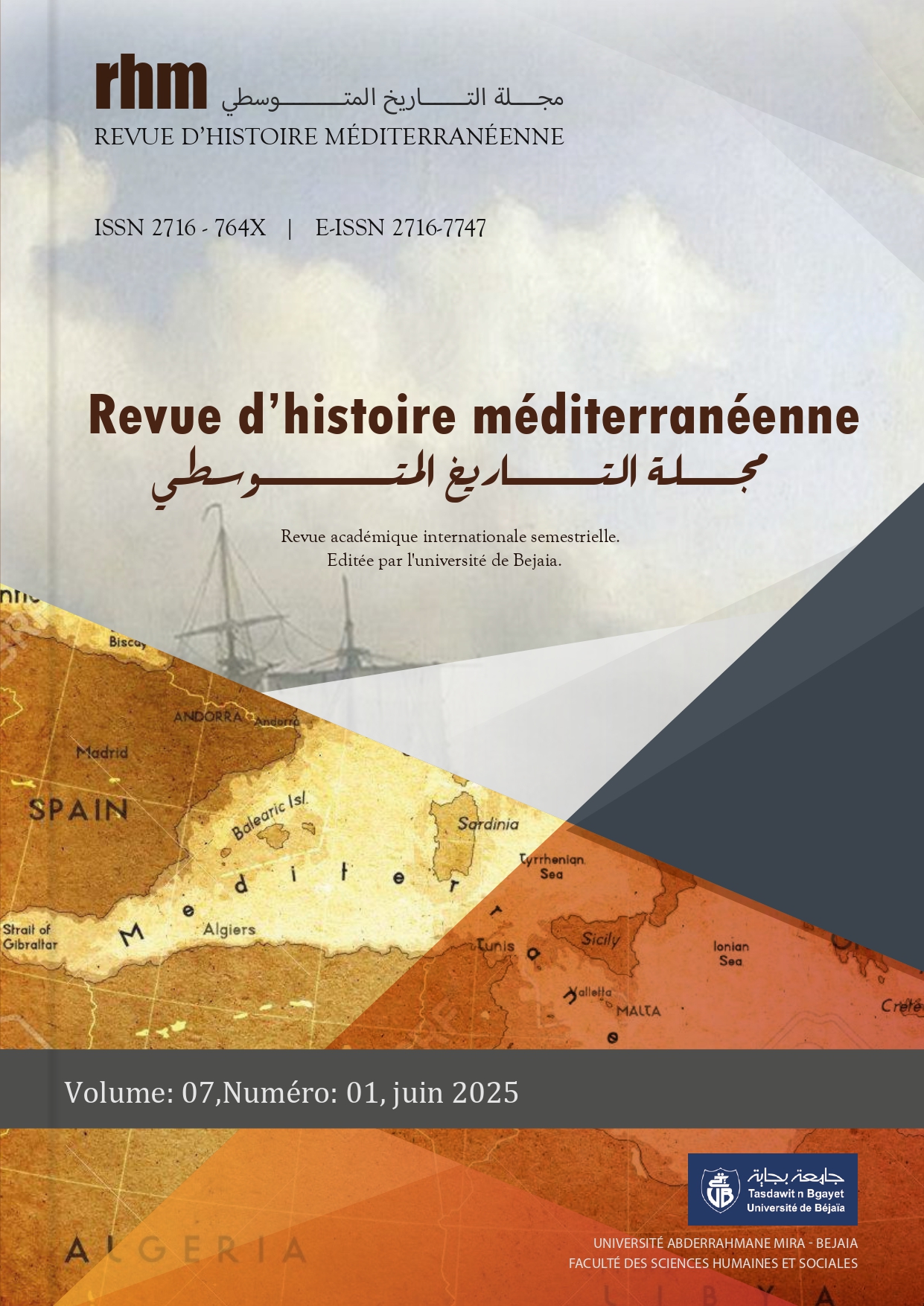From Johannesburg to Jerusalem: Is Modern-Day Apartheid Manifesting in Israel and Palestine?
De Johannesburg à Jérusalem : L'apartheid moderne se manifeste-t-il en Israël et en Palestine?
Résumé
Cette étude examine de manière critique si les politiques israéliennes dans les territoires palestiniens occupés relèvent d'un système d'apartheid comparable à celui de l'Afrique du Sud. Par une analyse comparative, la recherche explore les facteurs historiques, juridiques et géopolitiques qui soutiennent la ségrégation et l’oppression systémiques. Au cœur de cette enquête se pose la question suivante: dans quelle mesure les politiques israéliennes envers les Palestiniens correspondent-elles à la définition internationalement reconnue de l’apartheid? L'étude établit un cadre théorique fondé sur les instruments juridiques internationaux, en particulier la Convention internationale de 1973 sur l'élimination et la répression du crime d'apartheid. La recherche intègre également des analyses historiques comparatives de l’apartheid sud-africain, offrant un aperçu précieux des mécanismes et structures institutionnelles qui perpétuent la ségrégation raciale et l’oppression. En examinant des mécanismes tels que l'expropriation des terres, l'expansion des colonies, les restrictions de mouvement et la marginalisation économique, l’étude identifie des éléments clés renforçant la comparaison entre l’occupation israélienne et l’apartheid. De plus, l’étude replace ces pratiques dans les fondements idéologiques et historiques du sionisme et de l’apartheid, illustrant comment chaque système a historiquement légitimé une suprématie raciale ou ethnique à travers des structures juridiques et institutionnelles. Le cadre juridique israélien, qui accorde des droits et privilèges différenciés selon l’identité ethnique et religieuse, renforce davantage la ségrégation et l’exclusion systémiques. Le cœur de l’étude offre une analyse détaillée des lois et politiques qui perpétuent cette ségrégation systémique. Elle examine des mesures telles que la construction de la barrière de séparation en Cisjordanie, l’imposition de zones à circulation restreinte, l’utilisation généralisée de la détention administrative et les disparités juridiques marquées entre les colons juifs et les résidents palestiniens. En outre, la recherche explore les dynamiques géopolitiques qui ont contribué à la lenteur de la réponse internationale face à la question palestinienne, mettant en contraste cette inertie avec l’opposition mondiale plus rapide à l’apartheid en Afrique du Sud. L’étude soutient que des intérêts économiques et politiques profondément ancrés, en particulier parmi les États occidentaux influents, ont entravé une intervention internationale significative. Les résultats révèlent des parallèles frappants entre les structures de l’apartheid en Afrique du Sud et la ségrégation systématique imposée aux Palestiniens. L’étude conclut que le démantèlement de ces conditions assimilables à l’apartheid nécessite des efforts internationaux juridiques et diplomatiques soutenus. Ces efforts devraient inclure des sanctions économiques, des mécanismes de responsabilisation via les instances judiciaires internationales et une mobilisation à l’échelle populaire. Ce faisant, l’étude souligne l’importance des mécanismes juridiques internationaux dans la protection des droits humains et la prévention de la récurrence de violations systémiques dans les régions en proie aux conflits.











